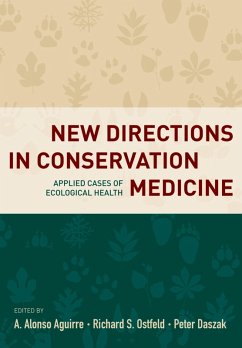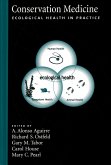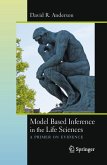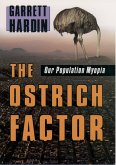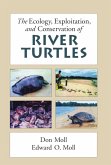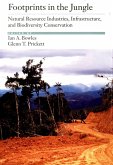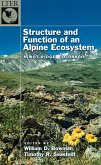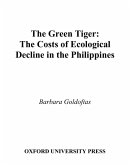In recent years, species and ecosystems have been threatened by many anthropogenic factors manifested in local and global declines of populations and species. Although we consider conservation medicine an emerging field, the concept is the result of the long evolution of transdisciplinary thinking within the health and ecological sciences and the better understanding of the complexity within these various fields of knowledge. Conservation medicine was born from the cross fertilization of ideas generated by this new transdisciplinary design. It examines the links among changes in climate, habitat quality, and land use; emergence and re-emergence of infectious agents, parasites and environmental contaminants; and maintenance of biodiversity and ecosystem functions as they sustain the health of plant and animal communities including humans. During the past ten years, new tools and institutional initiatives for assessing and monitoring ecological health concerns have emerged: landscape epidemiology, disease ecological modeling and web-based analytics. New types of integrated ecological health assessment are being deployed; these efforts incorporate environmental indicator studies with specific biomedical diagnostic tools. Other innovations include the development of non-invasive physiological and behavioral monitoring techniques; the adaptation of modern molecular biological and biomedical techniques; the design of population level disease monitoring strategies; the creation of ecosystem-based health and sentinel species surveillance approaches; and the adaptation of health monitoring systems for appropriate developing country situations. New Directions of Conservation Medicine: Applied Cases of Ecological Health addresses these issues with relevant case studies and detailed applied examples. New Directions of Conservation Medicine challenges the notion that human health is an isolated concern removed from the bounds of ecology and species interactions. Human health, animal health, and ecosystem health are moving closer together and at some point, it will be inconceivable that there was ever a clear division.
Dieser Download kann aus rechtlichen Gründen nur mit Rechnungsadresse in A, B, BG, CY, CZ, D, DK, EW, E, FIN, F, GR, HR, H, IRL, I, LT, L, LR, M, NL, PL, P, R, S, SLO, SK ausgeliefert werden.

